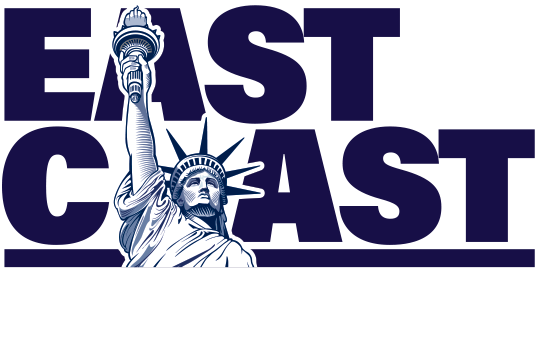There Is A Difference Between Certified Pre-Owned And Extended Service Contract Part II
So what is the difference between “Certified Pre-owned” and “Extended Service Contract?” Well as you have probably noticed, Used Car ads from used car dealerships are using the “Certified” word to their benefit. They aren’t living up to the promise

